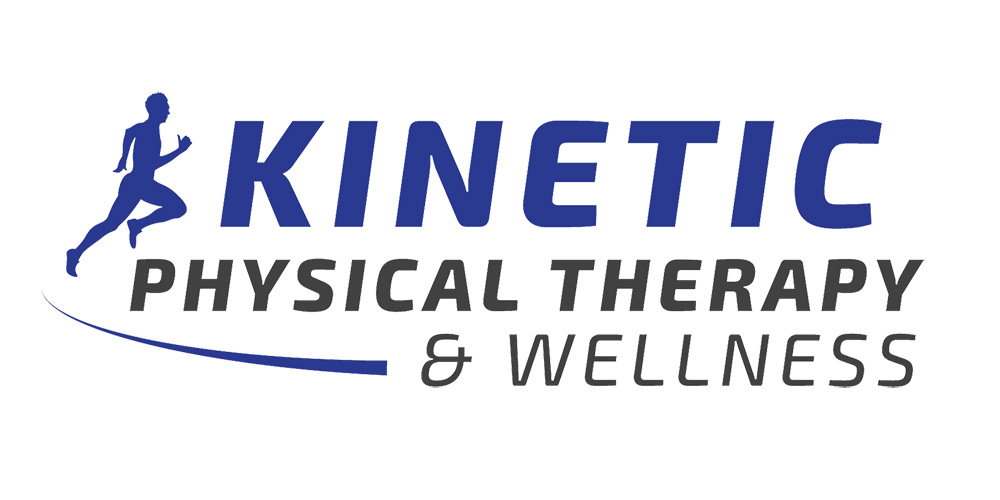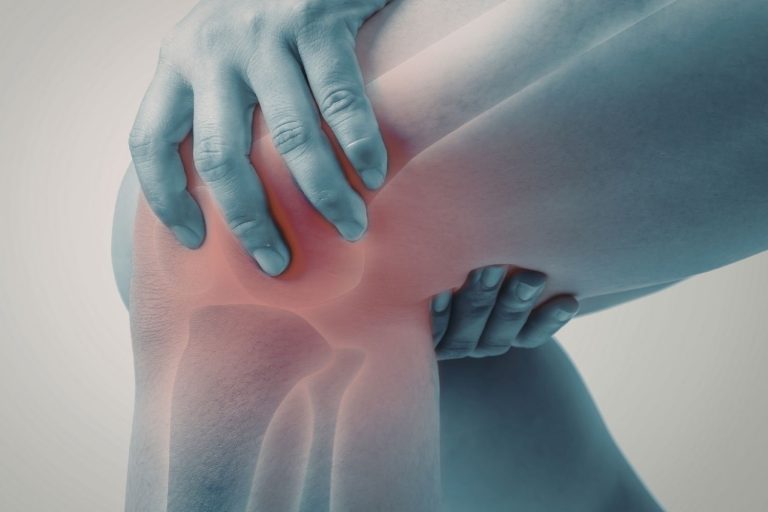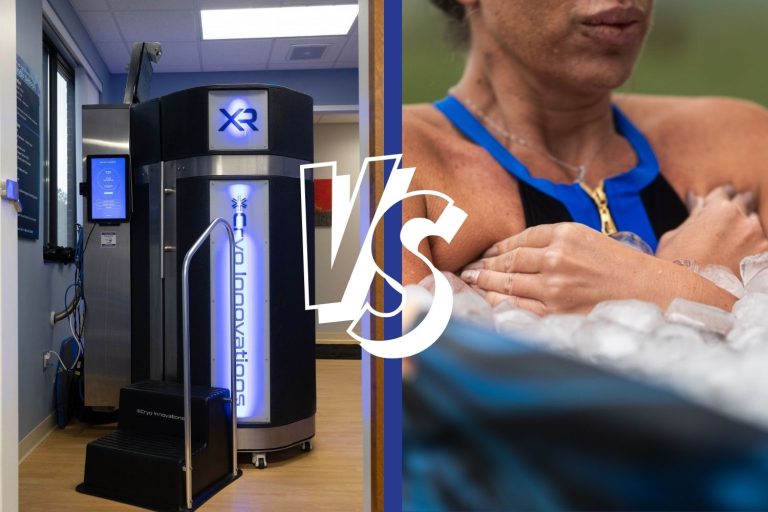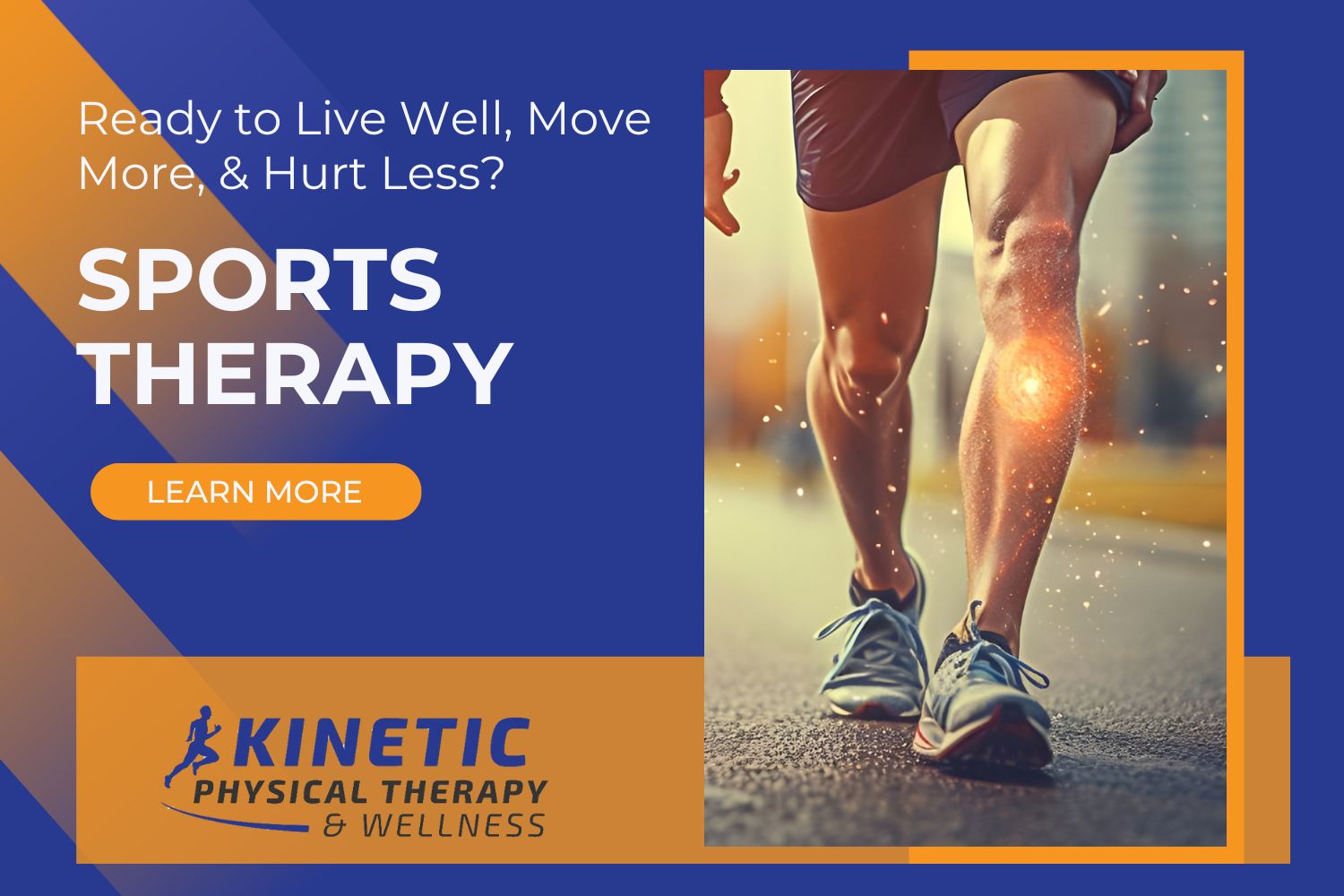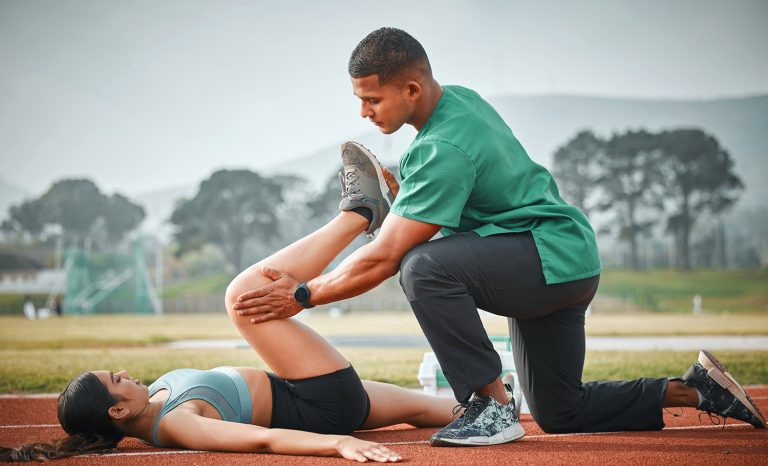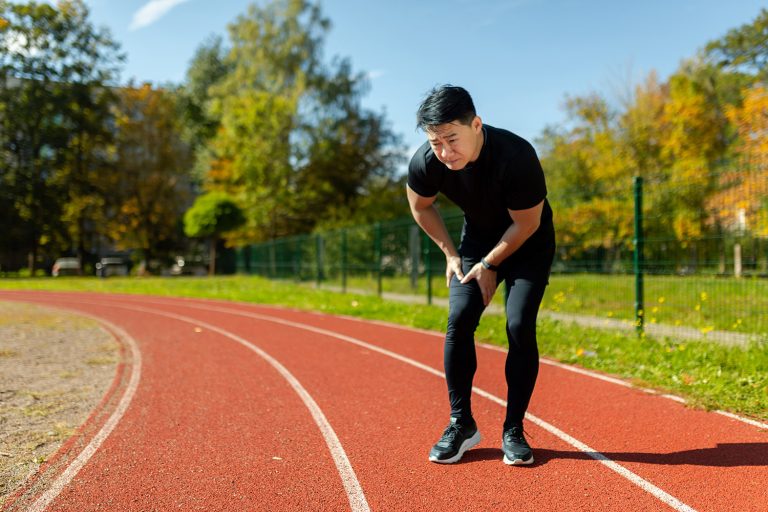
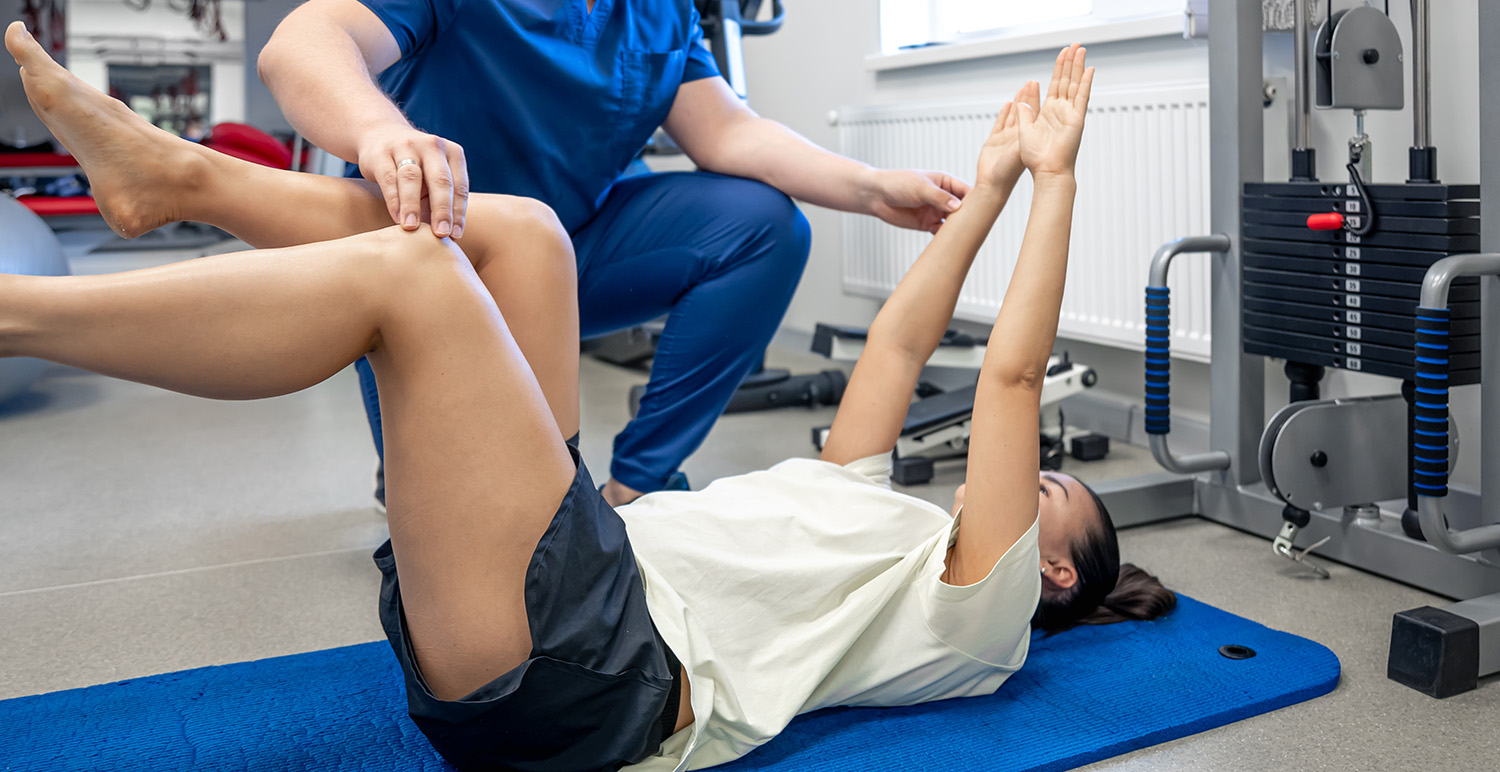
The Benefits of Post-Workout Sports Therapy for Athletes of All Levels
For athletes at any level, post-workout recovery is just as important as the workout itself. Whether you’re a casual weekend warrior, a high school athlete, or a seasoned professional, recovery can make or break your performance. Proper recovery helps to prevent injury, reduce muscle soreness, and ensure that athletes can continue to train at their highest capacity. Post-workout sports therapy is a vital tool for optimizing recovery and enhancing athletic performance.
Reducing Muscle Soreness and Fatigue with Post-Workout Sports Therapy
One of the most common challenges athletes face after a rigorous workout is muscle soreness. Known as Delayed Onset Muscle Soreness (DOMS), this condition occurs when microtears in the muscle fibers cause inflammation, leading to stiffness and discomfort. For athletes, this soreness can limit performance in subsequent training sessions, reducing overall effectiveness and increasing the risk of injury.
Post-workout sports therapy can significantly reduce muscle soreness. Techniques such as massage therapy, myofascial release, and foam rolling can help alleviate tension in the muscles and promote faster recovery. These therapies improve blood circulation to the muscles, allowing for quicker removal of lactic acid and metabolic waste that build up during intense physical activity.
Additionally, incorporating stretching routines, particularly dynamic and active stretching, helps to restore flexibility to the muscles and prevent them from tightening up after a workout. This aids in reducing the stiffness that typically accompanies DOMS, making it easier for athletes to return to their regular training routines without delays or discomfort.
Navigating Sports Injuries – How Kinetic Physical Therapy Can Enhance Your Recovery
Injury Prevention Through Post-Workout Sports Therapy
Another essential benefit of post-workout sports therapy is injury prevention. When athletes engage in high-intensity activities, their muscles, tendons, and joints are subjected to significant stress. Over time, if not properly cared for, these repetitive motions can lead to overuse injuries, such as tendinitis, stress fractures, or joint pain.
Post-workout sports therapy emphasizes techniques that target vulnerable areas, ensuring that athletes can continue their training without succumbing to injury. Sports therapists often assess an athlete’s form, movement patterns, and areas of tension post-workout, identifying imbalances or weaknesses that could lead to injury.
For instance, a sports therapist might notice that a runner’s hip flexors are overly tight after a workout, which could cause compensatory strain on the lower back or knees. Addressing these issues immediately with targeted therapy can prevent the onset of chronic injuries.
Sports therapy also includes flexibility training and mobility work, ensuring that joints remain supple and muscles retain their full range of motion. Maintaining flexibility is key to avoiding strains and sprains, especially in sports that require sudden or explosive movements, such as basketball or soccer.
Injury Prevention in Sports – Essential Tips from Professional Therapists
Speeding Up Recovery Time for Optimal Performance with Post-Workout Sports Therapy
The faster an athlete can recover after a workout, the sooner they can get back to training at full capacity. Sports therapy plays a crucial role in accelerating the recovery process, allowing athletes to bounce back more quickly after intense exercise.
Techniques such as contrast baths (alternating between hot and cold water), cryotherapy, and compression therapy are often used in post-workout sports therapy to reduce inflammation and improve circulation. These methods help flush out toxins and deliver fresh, oxygenated blood to tired muscles, which speeds up the healing process.
Moreover, sports therapy doesn’t just focus on treating sore muscles—it also targets the nervous system. Intense training can leave athletes mentally and physically drained, but therapies like massage, stretching, and deep breathing exercises help relax the body and reset the nervous system. This allows athletes to feel rejuvenated and ready to take on their next workout with renewed energy.
By incorporating these recovery techniques into their post-workout routine, athletes can enhance their overall performance, as they’ll be able to train harder and more frequently without risking burnout or overtraining.
Improving Flexibility and Range of Motion with Post-Workout Sports Therapy
Post-workout sports therapy also plays a key role in improving flexibility and range of motion. When athletes train hard, their muscles can become tight, reducing mobility in key joints like the hips, shoulders, and knees. This limited range of motion not only affects performance but also increases the likelihood of injury.
Sports therapists use targeted stretching techniques, including proprioceptive neuromuscular facilitation (PNF) stretching and dynamic stretching, to help athletes regain full movement in their joints. PNF stretching involves contracting and relaxing the muscles, which can lead to greater improvements in flexibility compared to static stretching alone.
Improved flexibility translates directly into better performance. Athletes with greater mobility are able to move more efficiently, exert less energy during movements, and execute techniques with better precision. For instance, a tennis player with improved shoulder flexibility can hit serves with more power and less strain on their rotator cuff, while a sprinter with flexible hip flexors can achieve longer, more efficient strides.
By incorporating regular flexibility work into their post-workout routine, athletes can see significant gains in both their physical capabilities and injury prevention.
Mental Recovery: The Often Overlooked Component
While much of sports therapy focuses on physical recovery, the mental aspect of recovery is just as important. After a tough workout or competition, athletes may feel mentally fatigued, stressed, or anxious about their performance. Post-workout sports therapy can help athletes relax and reset their mental state.
Massage therapy, in particular, is known to reduce levels of cortisol (the stress hormone) and increase the production of serotonin and dopamine, which are neurotransmitters that promote relaxation and happiness. The calming nature of a post-workout sports massage not only helps athletes recover physically but also helps them unwind mentally, promoting better focus and reduced anxiety.
Additionally, sports therapists often work with athletes on mindfulness and breathing techniques to aid in mental recovery. By practicing deep, controlled breathing, athletes can calm their nervous system, reduce stress, and improve their mental clarity. This allows them to approach their next training session with a fresh, focused mindset, free from the mental fatigue that can often accompany intense physical exertion.
Elevating Performance Through Post-Workout Sports Therapy
For athletes of all levels, the importance of post-workout sports therapy cannot be overstated. Whether you’re a casual runner or a professional athlete, taking care of your body after a workout is essential to maintaining peak performance, preventing injury, and enhancing overall recovery.
By incorporating targeted therapies such as stretching, massage, cryotherapy, and mental recovery techniques into your routine, you’ll not only reduce muscle soreness and speed up recovery time but also improve flexibility, prevent injuries, and stay mentally sharp. In the long run, post-workout sports therapy ensures that you can train harder, perform better, and continue to enjoy the sports you love without the setbacks of injury or fatigue.
🏋️♂️ Recover faster and perform better with personalized Sports Therapy! At Kinetic Physical Therapy and Wellness in Greenville, NC, we specialize in helping athletes overcome injuries and reach peak performance. Our expert therapists provide individualized care designed to speed up recovery, prevent future injuries, and enhance your athletic abilities. Whether you’re dealing with a sports-related injury or looking to improve your performance, our tailored sports therapy sessions are here to support your journey. 🌟 Get back in the game stronger than ever—schedule your Sports Therapy session today and experience the power of expert care!
Please Share
categories
Recent Posts

The Benefits of Post-Workout Sports Therapy for Athletes of All Levels
For athletes at any level, post-workout recovery is just as important as the workout itself. Whether you’re a casual weekend warrior, a high school athlete, or a seasoned professional, recovery can make or break your performance. Proper recovery helps to prevent injury, reduce muscle soreness, and ensure that athletes can continue to train at their highest capacity. Post-workout sports therapy is a vital tool for optimizing recovery and enhancing athletic performance.
Reducing Muscle Soreness and Fatigue with Post-Workout Sports Therapy
One of the most common challenges athletes face after a rigorous workout is muscle soreness. Known as Delayed Onset Muscle Soreness (DOMS), this condition occurs when microtears in the muscle fibers cause inflammation, leading to stiffness and discomfort. For athletes, this soreness can limit performance in subsequent training sessions, reducing overall effectiveness and increasing the risk of injury.
Post-workout sports therapy can significantly reduce muscle soreness. Techniques such as massage therapy, myofascial release, and foam rolling can help alleviate tension in the muscles and promote faster recovery. These therapies improve blood circulation to the muscles, allowing for quicker removal of lactic acid and metabolic waste that build up during intense physical activity.
Additionally, incorporating stretching routines, particularly dynamic and active stretching, helps to restore flexibility to the muscles and prevent them from tightening up after a workout. This aids in reducing the stiffness that typically accompanies DOMS, making it easier for athletes to return to their regular training routines without delays or discomfort.
Navigating Sports Injuries – How Kinetic Physical Therapy Can Enhance Your Recovery
Injury Prevention Through Post-Workout Sports Therapy
Another essential benefit of post-workout sports therapy is injury prevention. When athletes engage in high-intensity activities, their muscles, tendons, and joints are subjected to significant stress. Over time, if not properly cared for, these repetitive motions can lead to overuse injuries, such as tendinitis, stress fractures, or joint pain.
Post-workout sports therapy emphasizes techniques that target vulnerable areas, ensuring that athletes can continue their training without succumbing to injury. Sports therapists often assess an athlete’s form, movement patterns, and areas of tension post-workout, identifying imbalances or weaknesses that could lead to injury.
For instance, a sports therapist might notice that a runner’s hip flexors are overly tight after a workout, which could cause compensatory strain on the lower back or knees. Addressing these issues immediately with targeted therapy can prevent the onset of chronic injuries.
Sports therapy also includes flexibility training and mobility work, ensuring that joints remain supple and muscles retain their full range of motion. Maintaining flexibility is key to avoiding strains and sprains, especially in sports that require sudden or explosive movements, such as basketball or soccer.
Injury Prevention in Sports – Essential Tips from Professional Therapists
Speeding Up Recovery Time for Optimal Performance with Post-Workout Sports Therapy
The faster an athlete can recover after a workout, the sooner they can get back to training at full capacity. Sports therapy plays a crucial role in accelerating the recovery process, allowing athletes to bounce back more quickly after intense exercise.
Techniques such as contrast baths (alternating between hot and cold water), cryotherapy, and compression therapy are often used in post-workout sports therapy to reduce inflammation and improve circulation. These methods help flush out toxins and deliver fresh, oxygenated blood to tired muscles, which speeds up the healing process.
Moreover, sports therapy doesn’t just focus on treating sore muscles—it also targets the nervous system. Intense training can leave athletes mentally and physically drained, but therapies like massage, stretching, and deep breathing exercises help relax the body and reset the nervous system. This allows athletes to feel rejuvenated and ready to take on their next workout with renewed energy.
By incorporating these recovery techniques into their post-workout routine, athletes can enhance their overall performance, as they’ll be able to train harder and more frequently without risking burnout or overtraining.
Improving Flexibility and Range of Motion with Post-Workout Sports Therapy
Post-workout sports therapy also plays a key role in improving flexibility and range of motion. When athletes train hard, their muscles can become tight, reducing mobility in key joints like the hips, shoulders, and knees. This limited range of motion not only affects performance but also increases the likelihood of injury.
Sports therapists use targeted stretching techniques, including proprioceptive neuromuscular facilitation (PNF) stretching and dynamic stretching, to help athletes regain full movement in their joints. PNF stretching involves contracting and relaxing the muscles, which can lead to greater improvements in flexibility compared to static stretching alone.
Improved flexibility translates directly into better performance. Athletes with greater mobility are able to move more efficiently, exert less energy during movements, and execute techniques with better precision. For instance, a tennis player with improved shoulder flexibility can hit serves with more power and less strain on their rotator cuff, while a sprinter with flexible hip flexors can achieve longer, more efficient strides.
By incorporating regular flexibility work into their post-workout routine, athletes can see significant gains in both their physical capabilities and injury prevention.
Mental Recovery: The Often Overlooked Component
While much of sports therapy focuses on physical recovery, the mental aspect of recovery is just as important. After a tough workout or competition, athletes may feel mentally fatigued, stressed, or anxious about their performance. Post-workout sports therapy can help athletes relax and reset their mental state.
Massage therapy, in particular, is known to reduce levels of cortisol (the stress hormone) and increase the production of serotonin and dopamine, which are neurotransmitters that promote relaxation and happiness. The calming nature of a post-workout sports massage not only helps athletes recover physically but also helps them unwind mentally, promoting better focus and reduced anxiety.
Additionally, sports therapists often work with athletes on mindfulness and breathing techniques to aid in mental recovery. By practicing deep, controlled breathing, athletes can calm their nervous system, reduce stress, and improve their mental clarity. This allows them to approach their next training session with a fresh, focused mindset, free from the mental fatigue that can often accompany intense physical exertion.
Elevating Performance Through Post-Workout Sports Therapy
For athletes of all levels, the importance of post-workout sports therapy cannot be overstated. Whether you’re a casual runner or a professional athlete, taking care of your body after a workout is essential to maintaining peak performance, preventing injury, and enhancing overall recovery.
By incorporating targeted therapies such as stretching, massage, cryotherapy, and mental recovery techniques into your routine, you’ll not only reduce muscle soreness and speed up recovery time but also improve flexibility, prevent injuries, and stay mentally sharp. In the long run, post-workout sports therapy ensures that you can train harder, perform better, and continue to enjoy the sports you love without the setbacks of injury or fatigue.
🏋️♂️ Recover faster and perform better with personalized Sports Therapy! At Kinetic Physical Therapy and Wellness in Greenville, NC, we specialize in helping athletes overcome injuries and reach peak performance. Our expert therapists provide individualized care designed to speed up recovery, prevent future injuries, and enhance your athletic abilities. Whether you’re dealing with a sports-related injury or looking to improve your performance, our tailored sports therapy sessions are here to support your journey. 🌟 Get back in the game stronger than ever—schedule your Sports Therapy session today and experience the power of expert care!
Please Share
